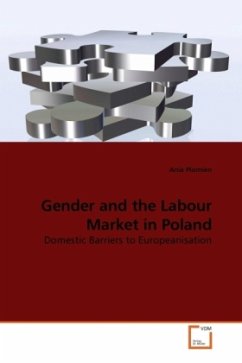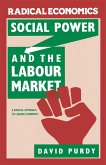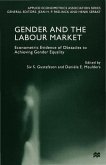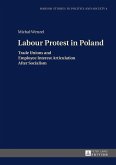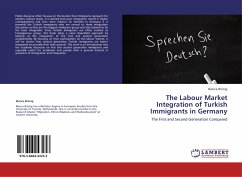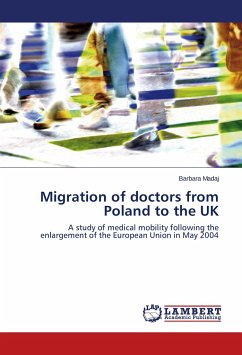Two decades have passed since the beginning of Central East European (CEE) countries' transition from socialism and half a decade since they joined the European Union (EU). Focusing on Poland, this book engages in a gender analysis of the impact of these two exogenous events on labour market policies. Women s employment is high on the agendas of governments, as demographic change, competitiveness concerns, and demands for equal opportunities provide key stimuli for policy makers. However, the Polish case represents a paradox: the entrenched traditional gender ideology and difficult labour market conditions, particularly for women, conflict with EU trends and requirements of integrating gender equality principles in all policies and laws. The analysis of exogenous pressures is integrated with that of endogenous factors the domestic institutional and actor configuration assessing how the contradictory forces influence policies in pre-accession and membership stages. This book is ofinterest to scholars concerned with gender and women s employment, post-socialist transformation and EU accession, and with CEE welfare state development.
Bitte wählen Sie Ihr Anliegen aus.
Rechnungen
Retourenschein anfordern
Bestellstatus
Storno

